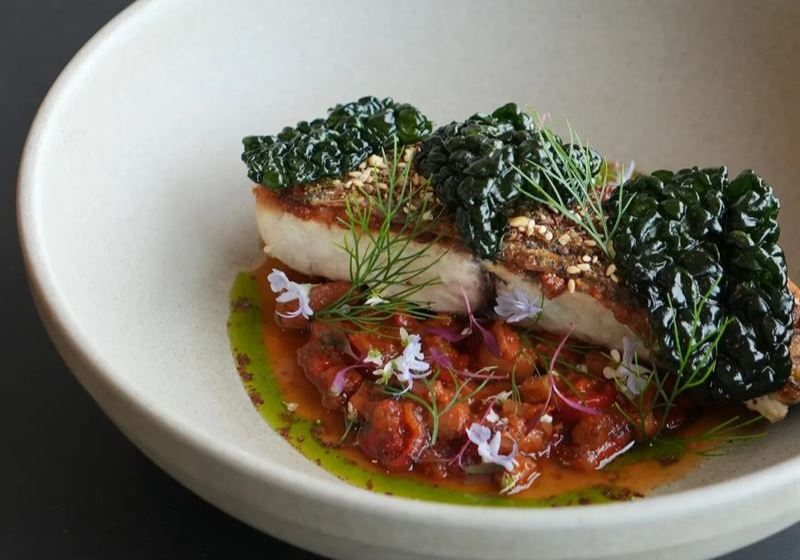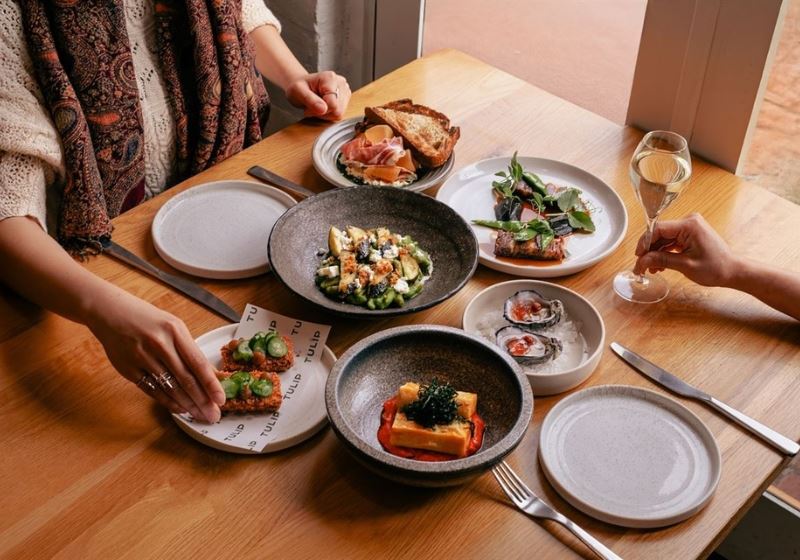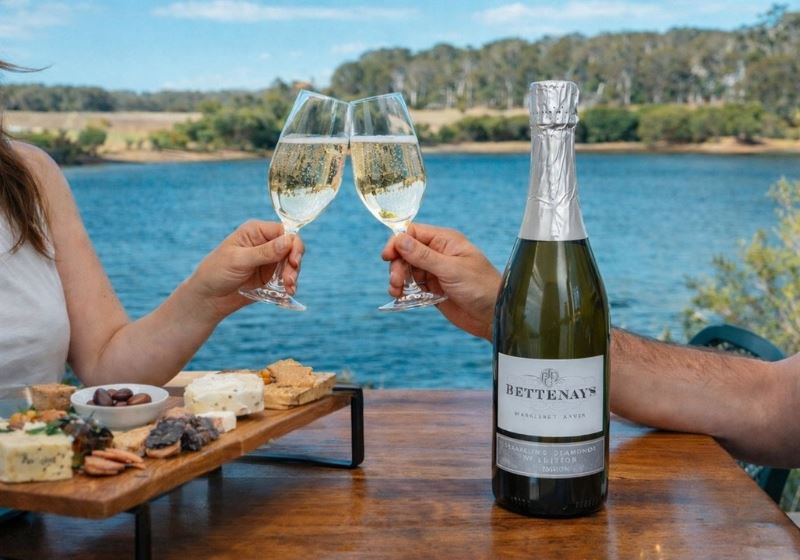Longevity has become the new frontier of health, with an increasing number of people seeking to add quality to their years. While there’s no magic pill for ageing well, food can play a powerful role.
Around the world, communities with a high number of centenarians rely on a diverse and balanced diet for maintaining their health. Their longevity is linked to simple, nourishing food eaten with consistency and enjoyment. Staples like beans, fish, whole grains, olive oil, tea, fruit and vegetables may hold secrets to a long and vibrant life.

The blueprint for a longer life
When researchers set out to uncover why certain communities around the world have unusually high numbers of people living into their 90s and beyond, they found something striking – food was always at the centre. These regions, known as the Blue Zones, span from Sardinia in Italy to Nicoya in Costa Rica to Okinawa in Japan. Despite being thousands of kilometres apart, their eating habits share common threads: a focus on local produce, preparing food at home and enjoying meals with others.
It isn’t about exotic superfoods, herbal elixirs, or strict rules. The longevity advantage comes from everyday staples like beans and legumes, leafy greens, whole grains, nuts and seeds and oily fish, eaten in balance and with a sense of purpose. For these communities, food is more than sustenance – it’s a way of life that nourishes both body and soul.
Traditional diets, like the Mediterranean, Scandinavian and Okinawan, share many similar nutrient profiles: they are high in vitamins, minerals, fibre, including prebiotic fibre and probiotics, and low in saturated fat, added sugar and salt.

Plants take centre stage
Plants are the backbone of a healthy, long-life-promoting diet. Beans, lentils, chickpeas, and soy are eaten daily, often forming the base of hearty soups, stews, or curries. They are cost-effective, versatile and packed with fibre, which not only keeps us regular but also feeds the gut microbiome – now recognised as a key player in long-term health.
Vegetables, fruit, nuts and whole grains also feature prominently, providing antioxidants and plant compounds that help protect the body from age-related disease.
In Sardinia, it might be minestrone loaded with beans and plenty of veggies; in Okinawa, a stir-fry of sweet potato and tofu. The message is clear: when plants take centre stage, we give ourselves the best chance at a longer, healthier life.
Here in Australia, we can and should heed this message. Australian's often fall short of their fruit and vegetable targets. So, upping our collective intake of fruit and vegetables not only boosts our health but could also add years to our lives.

Embrace the right types of fat
One of the strongest nutritional threads linking long-living communities is their emphasis on healthy fats. In Ikaria and Sardinia, extra virgin olive oil is more than just a cooking staple – it’s poured liberally over vegetables and salad, beans and paired with bread, providing heart-healthy fats that help keep cholesterol in check, as well as anti-inflammatory bioactive compounds that promote brain health, good cognition and gut health.
Nuts and seeds are another daily feature, offering a rich source of plant-based fats, protein and micronutrients, including magnesium and vitamin E. In coastal regions like Okinawa, oily fish provides omega-3s that support both heart health and brain function, reducing inflammation and helping to protect against age-related decline. It’s a reminder that not all fats are created equal – mono and polyunsaturated fats can be a powerful ally in healthy ageing.
Be social
In every longevity hotspot, food is rarely eaten alone. Meals are social anchors – long, leisurely events that bring families, friends and neighbours together. In Sardinia, Sunday lunches stretch for hours, with dishes passed around the table along with the stories they tell. It is as much about connection as it is about nutrition.

This sense of ritual and community plays a powerful role in our long-term health. Sharing food lowers stress, strengthens social bonds and is linked with better mental well-being – all factors that contribute to living longer and living well. It’s a reminder that what’s on the plate matters, but so does who we share it with. Maintaining social connections in later life is one of the best things to do to help preserve mental function and to avoid age-related dementia and cognitive decline.
The principles of longevity eating translate beautifully to Australian kitchens. Consider swapping some meat-heavy meals for hearty bean and legume dishes, adding oily fish like sardines or salmon to your weekly meal rotation, or finishing a meal with a handful of nuts instead of a sweet biscuit or two. Choosing wholegrain bread, Greek yoghurt and drizzling extra virgin olive oil over roasted veggies is an easy way to bring an element of the Mediterranean into the mix.
Plus, try making meals a social occasion – whether that’s a family dinner around the table, a slow weekend lunch with friends, or enjoying a meal with a partner or loved one.
Longevity isn’t about chasing perfection or restriction. It’s about simple, nourishing foods, shared often, that make life richer and potentially longer.
Here’s to more good meals and good years.







